
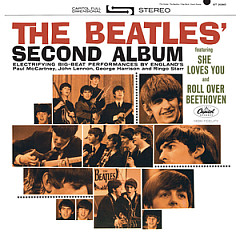
"She Loves You" by The Beatles was the song that convinced Ozzy Osbourne to make music his life. The Beatles were a big influence on him because they were also poor kids from a small town in England.
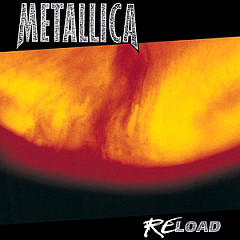
An unexpected guest vocal: Marianne Faithfull on the Metallica song "The Memory Remains." A star in the '60s, this collaboration helped revive her career.
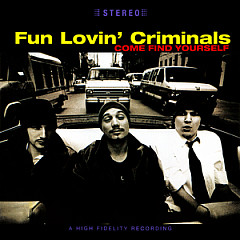
The Scooby Snacks in the Fun Lovin' Criminals song aren't dog treats, they're Valium pills.
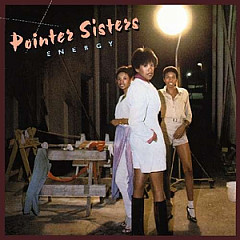
Bruce Springsteen originally wrote "Fire" for Elvis Presley in 1977, and even sent him a demo. Sadly the King died before he ever heard it, and it was left to the Pointer Sisters to record the song.
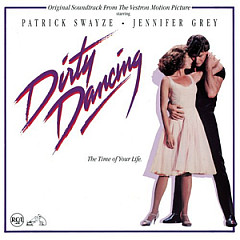
"(I've Had) The Time of My Life" was a huge hit from the movie Dirty Dancing. It was used in the climactic dance scene at the end, which was actually the first scene shot for the movie.
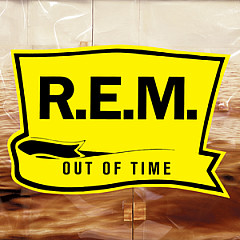
R.E.M. got the title "Shiny Happy People" from a Chinese propaganda poster.

The top chant artist in the Western world, Krishna Das talks about how these Hindu mantras compare to Christian worship songs.
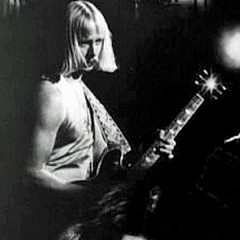
In this talk from the '80s, the Kansas frontman talks turning to God and writing "Dust In The Wind."

The Christian rapper talks about where his trip to Haiti and his history of addiction fit into his songs.
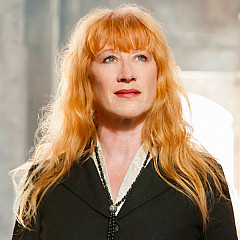
The Celtic music maker Loreena McKennitt on finding musical inspiration, the "New Age" label, and working on the movie Tinker Bell.
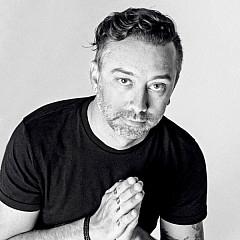
Rise Against frontman Tim McIlrath explains the meanings behind some of their biggest songs and names the sci-fi books that have influenced him.
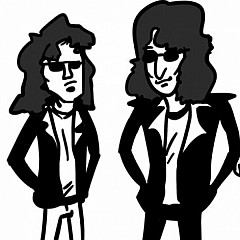
A band so baffling, even their names were contrived. Check your score in the Ramones version of Fact or Fiction.